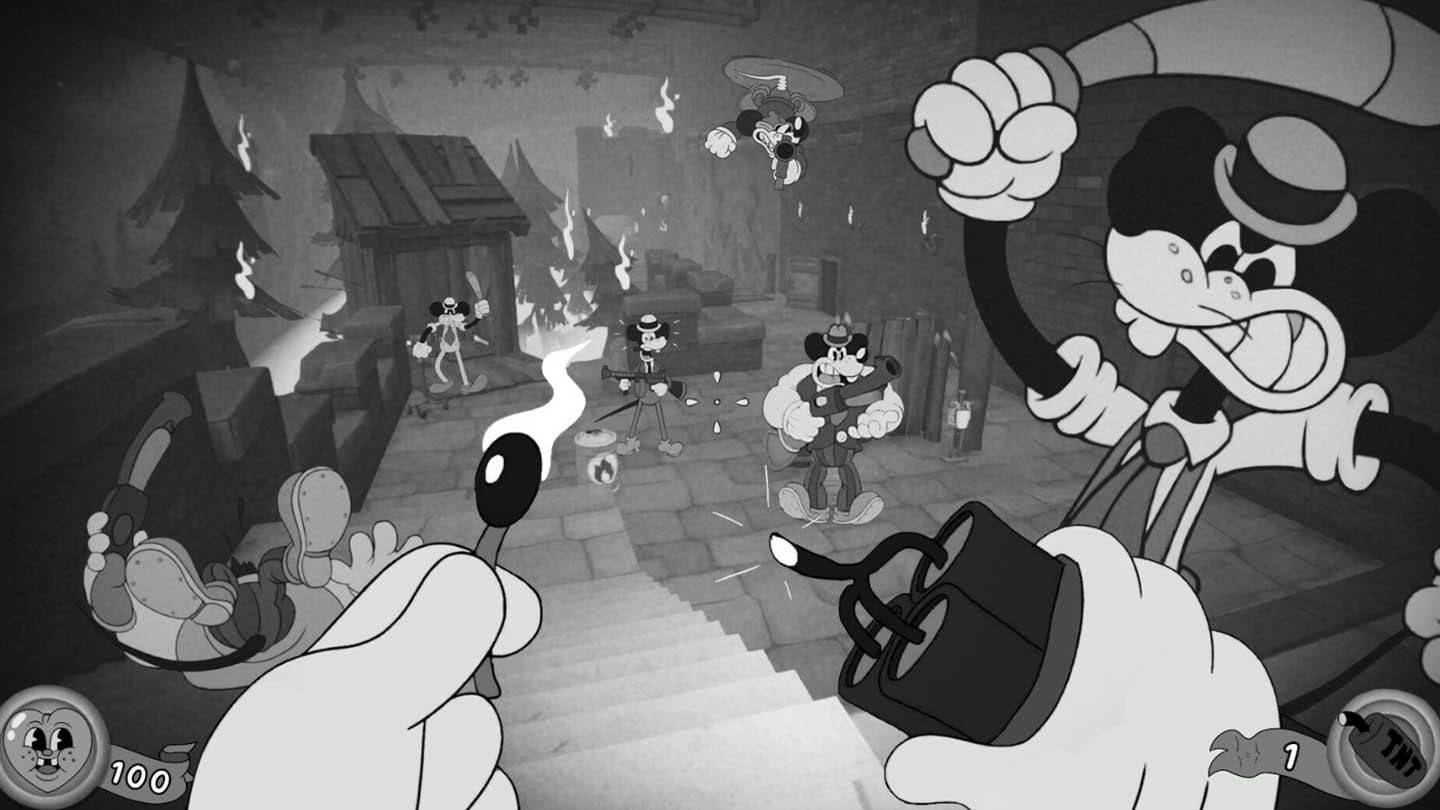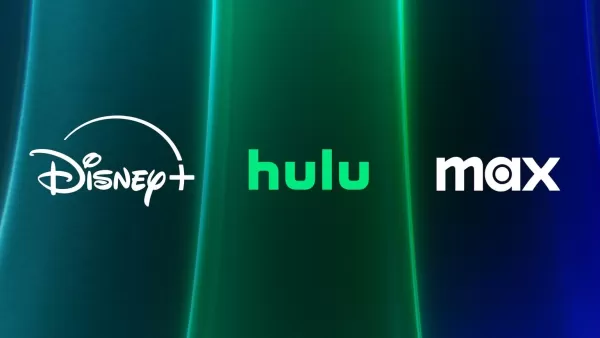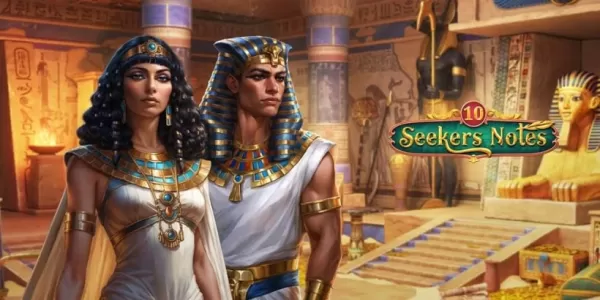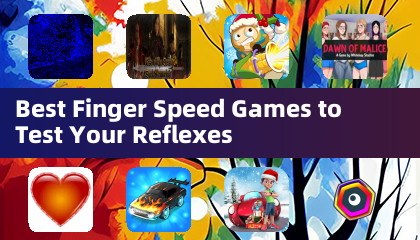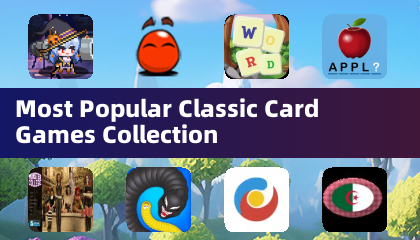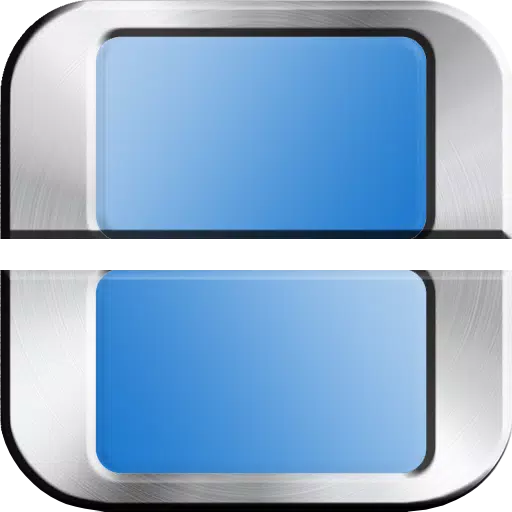Activision recently grabbed the gaming community's attention with advertisements for new projects based on their beloved franchises, including Guitar Hero, Crash Bandicoot, and Call of Duty. However, the buzz wasn't about the announcements themselves but rather the surprising fact that these promotional materials were crafted using neural networks.
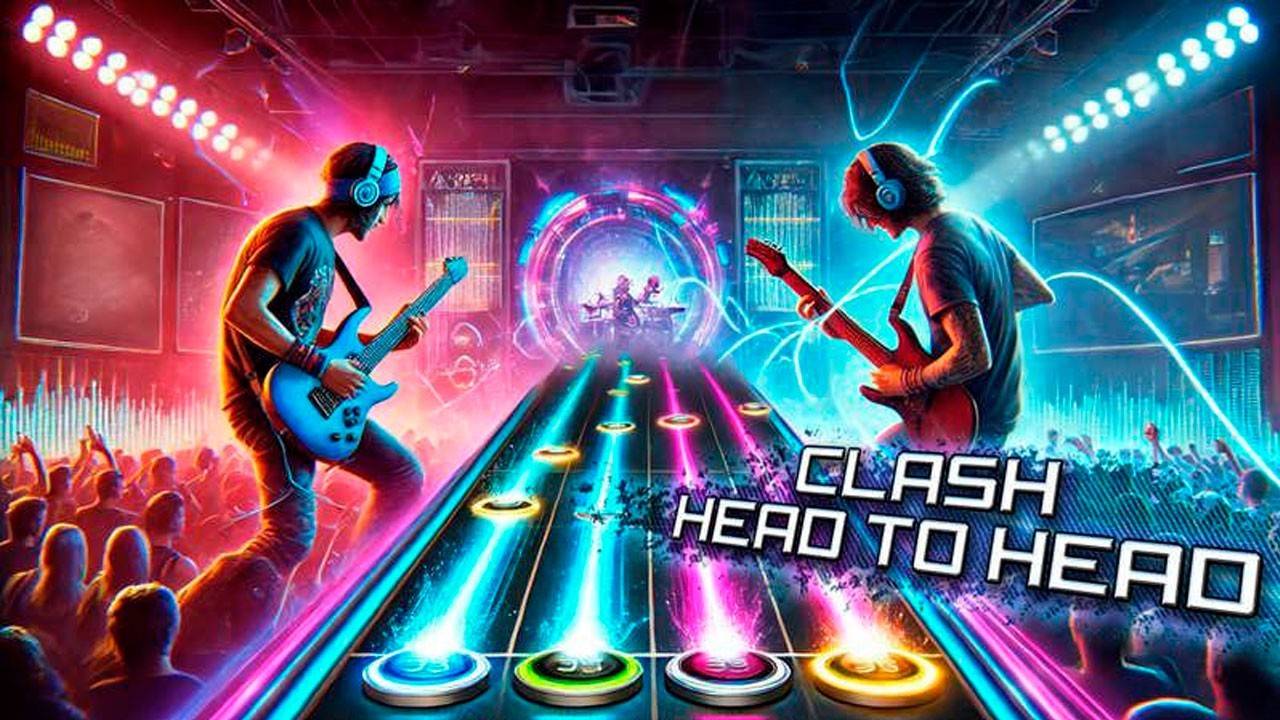 Image: apple.com
Image: apple.com
The first ad surfaced on one of Activision’s social media platforms, promoting Guitar Hero Mobile and directing users to a pre-order page on the App Store. The community quickly noticed the eerie, unnatural visuals, which ignited a flurry of discussions. Subsequently, similar AI-generated artwork appeared in ads for other mobile games like Crash Bandicoot Brawl and Call of Duty Mobile. Initially, many speculated that Activision's accounts might have been compromised, but it soon became clear that this was an unconventional marketing experiment.
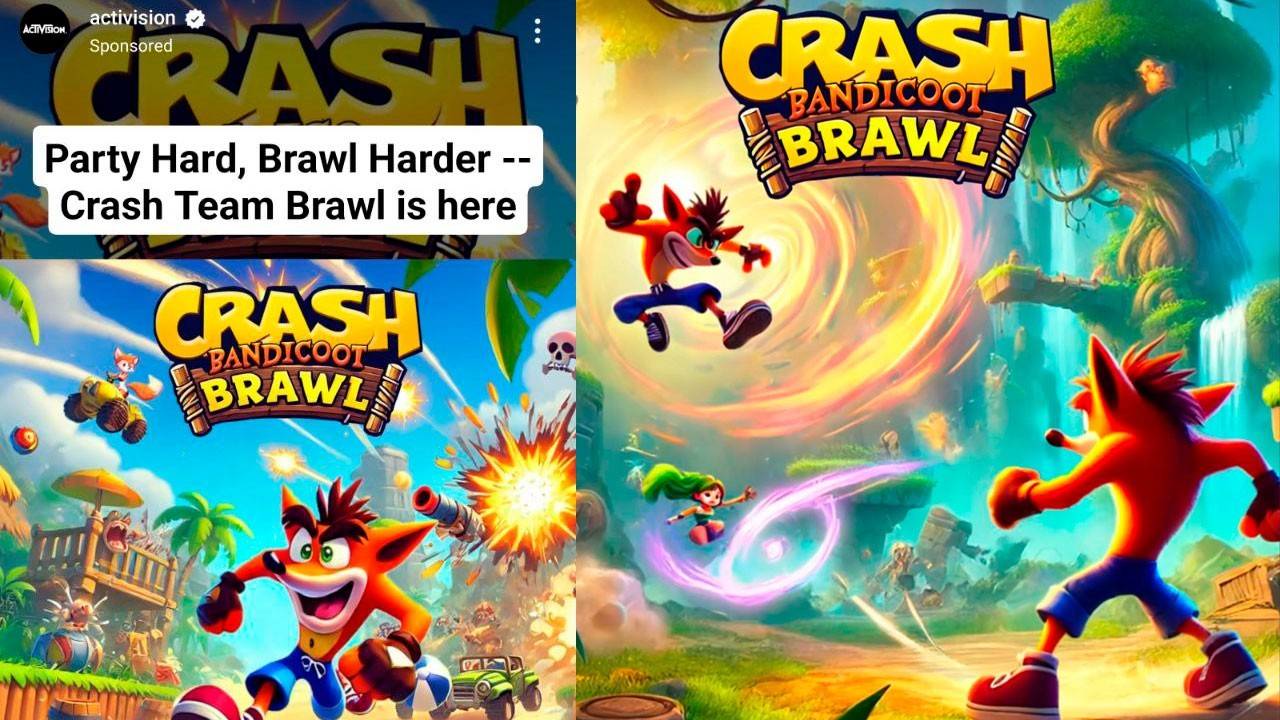 Image: apple.com
Image: apple.com
The reaction from the gaming community was predominantly negative. Players voiced their dissatisfaction with Activision's choice to employ generative AI over hiring professional artists and designers. Concerns were raised that this method could degrade games into "AI garbage," with comparisons drawn to Electronic Arts, notorious for its contentious decisions in the gaming industry.
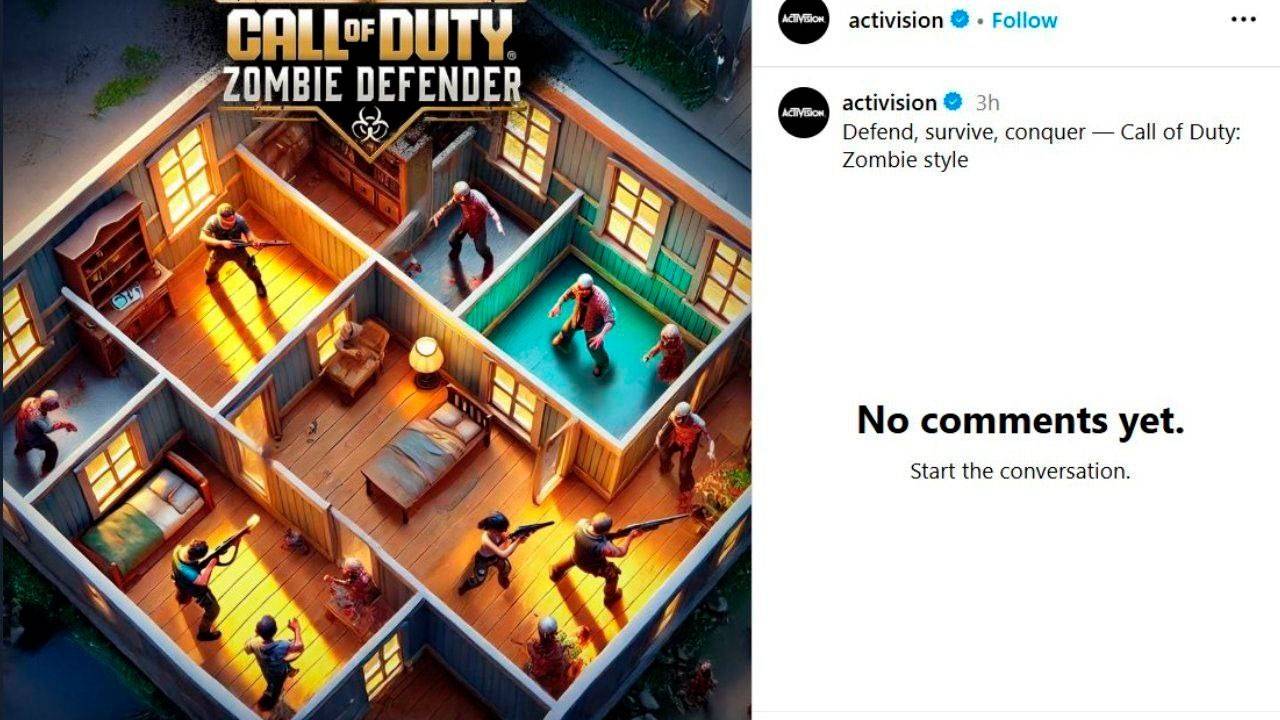 Image: apple.com
Image: apple.com
The integration of AI in game development and marketing has sparked a heated debate surrounding Activision's practices. The company has already acknowledged the use of neural networks in developing content for Call of Duty: Black Ops 6.
In response to the backlash, Activision removed some of the promotional posts. It remains uncertain whether these games are slated for release or if the company is merely gauging audience reactions with these provocative materials.

 Image: apple.com
Image: apple.com Image: apple.com
Image: apple.com Image: apple.com
Image: apple.com LATEST ARTICLES
LATEST ARTICLES 